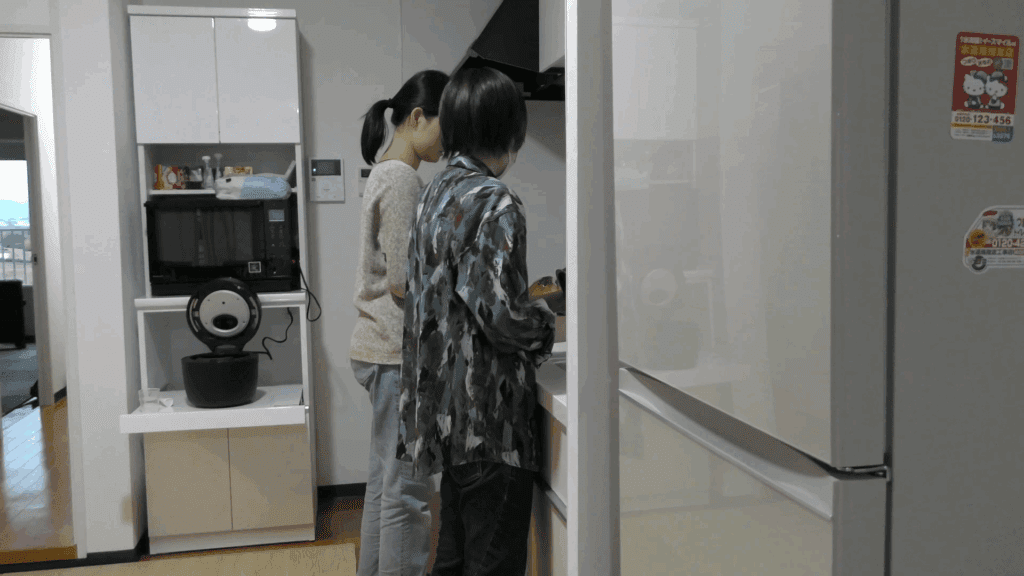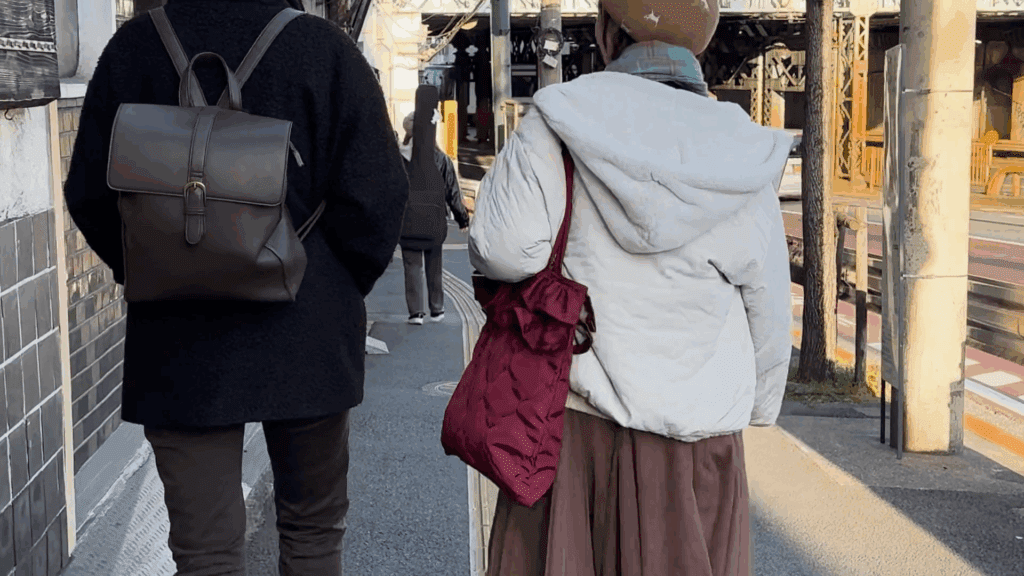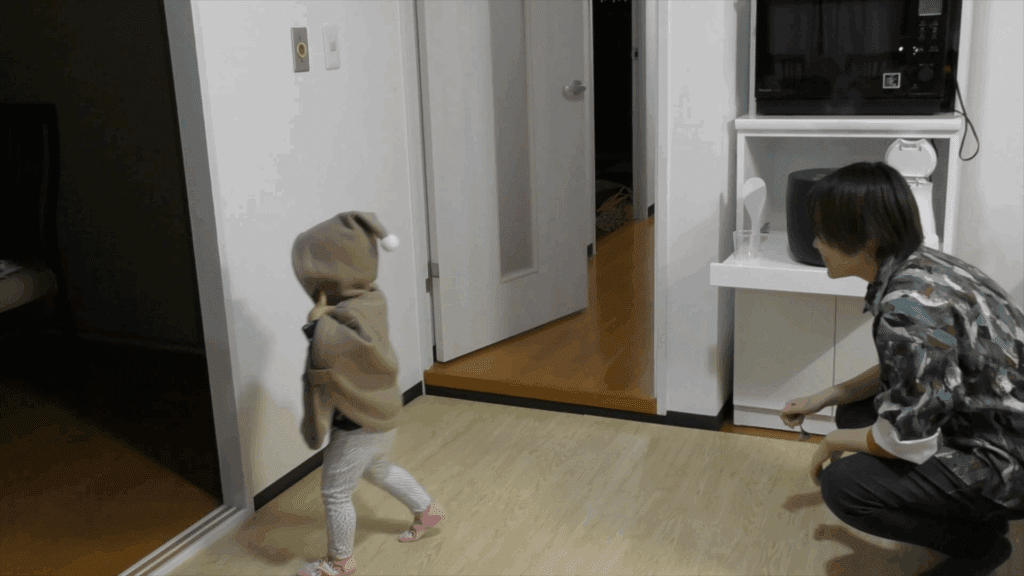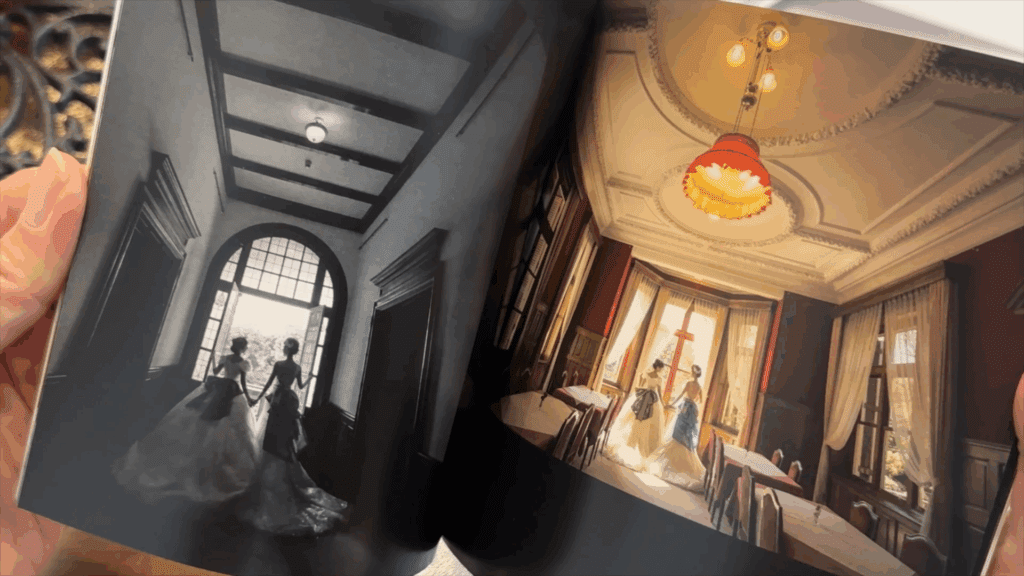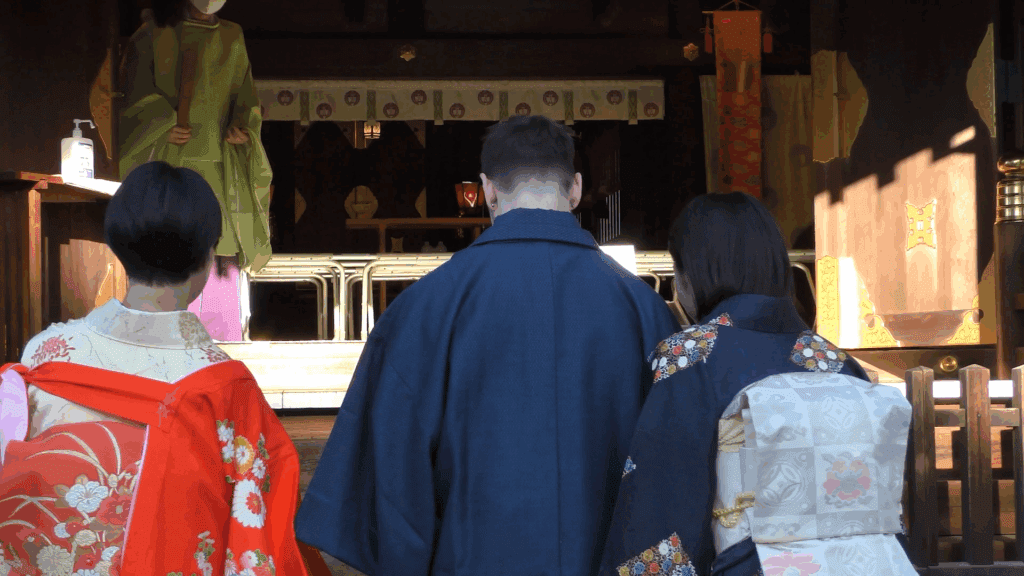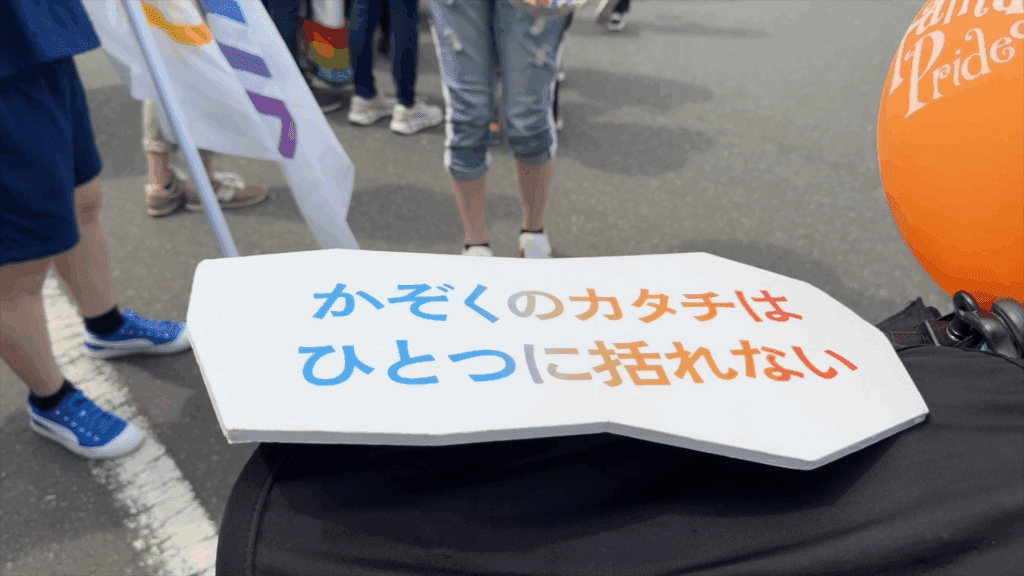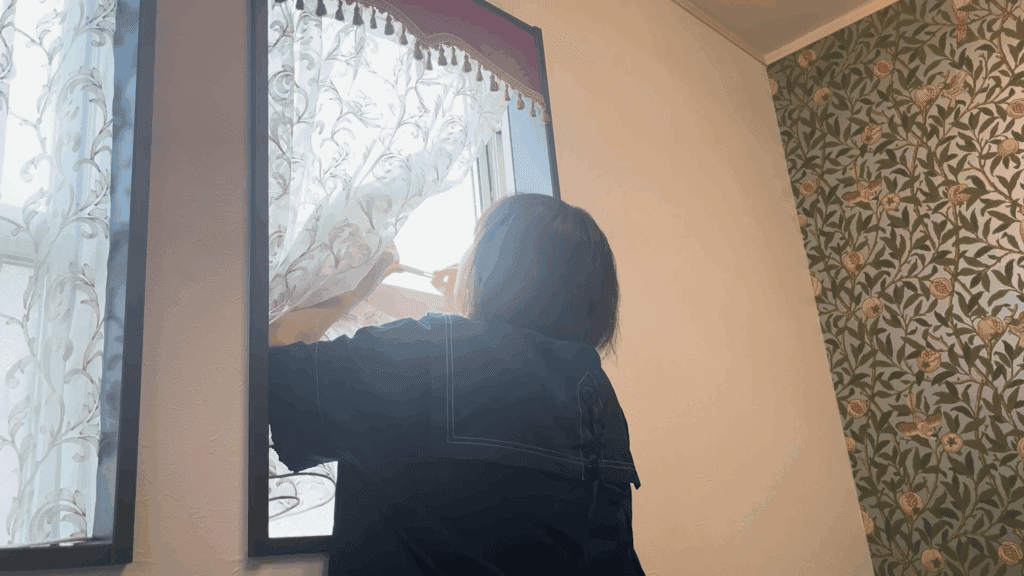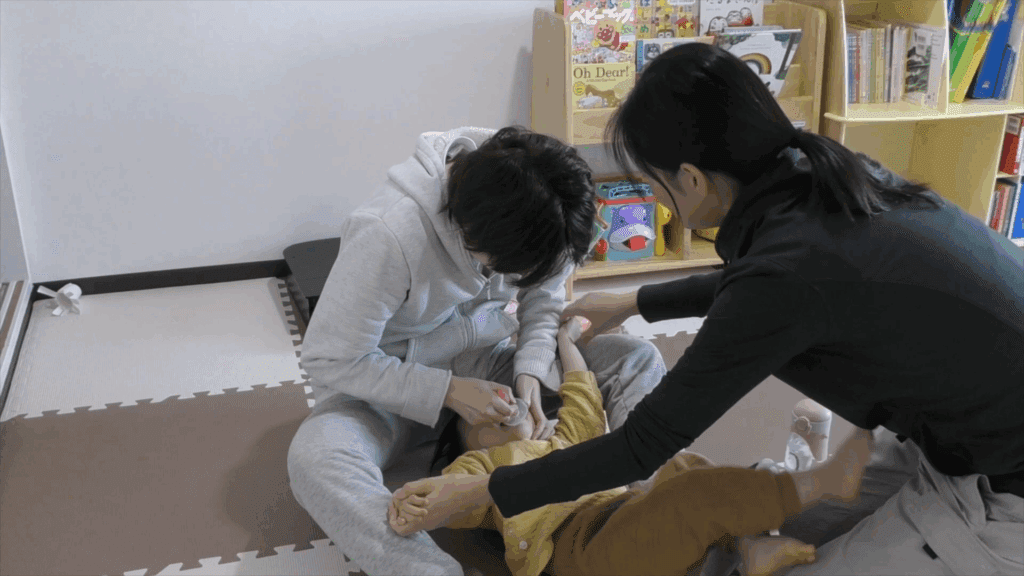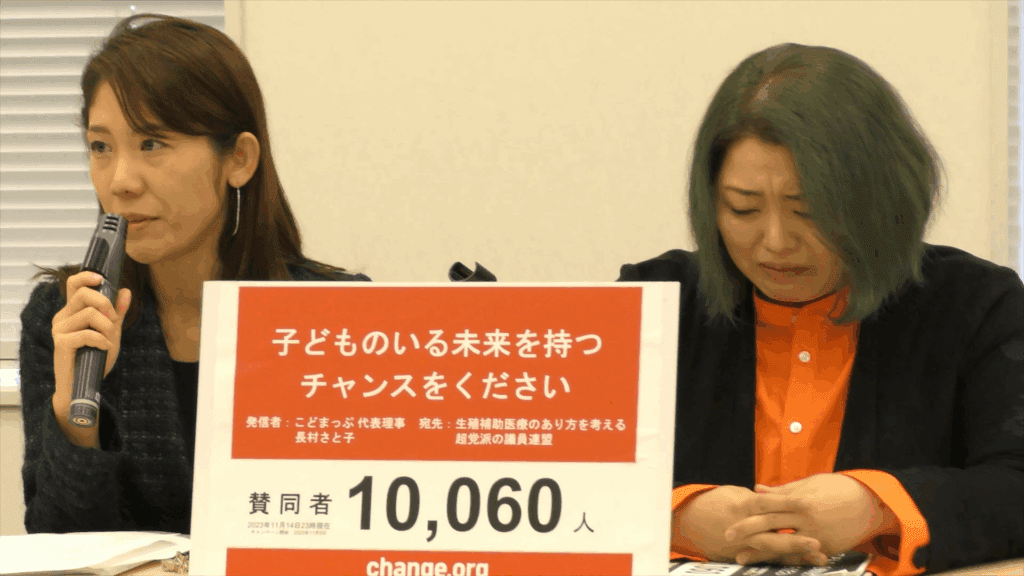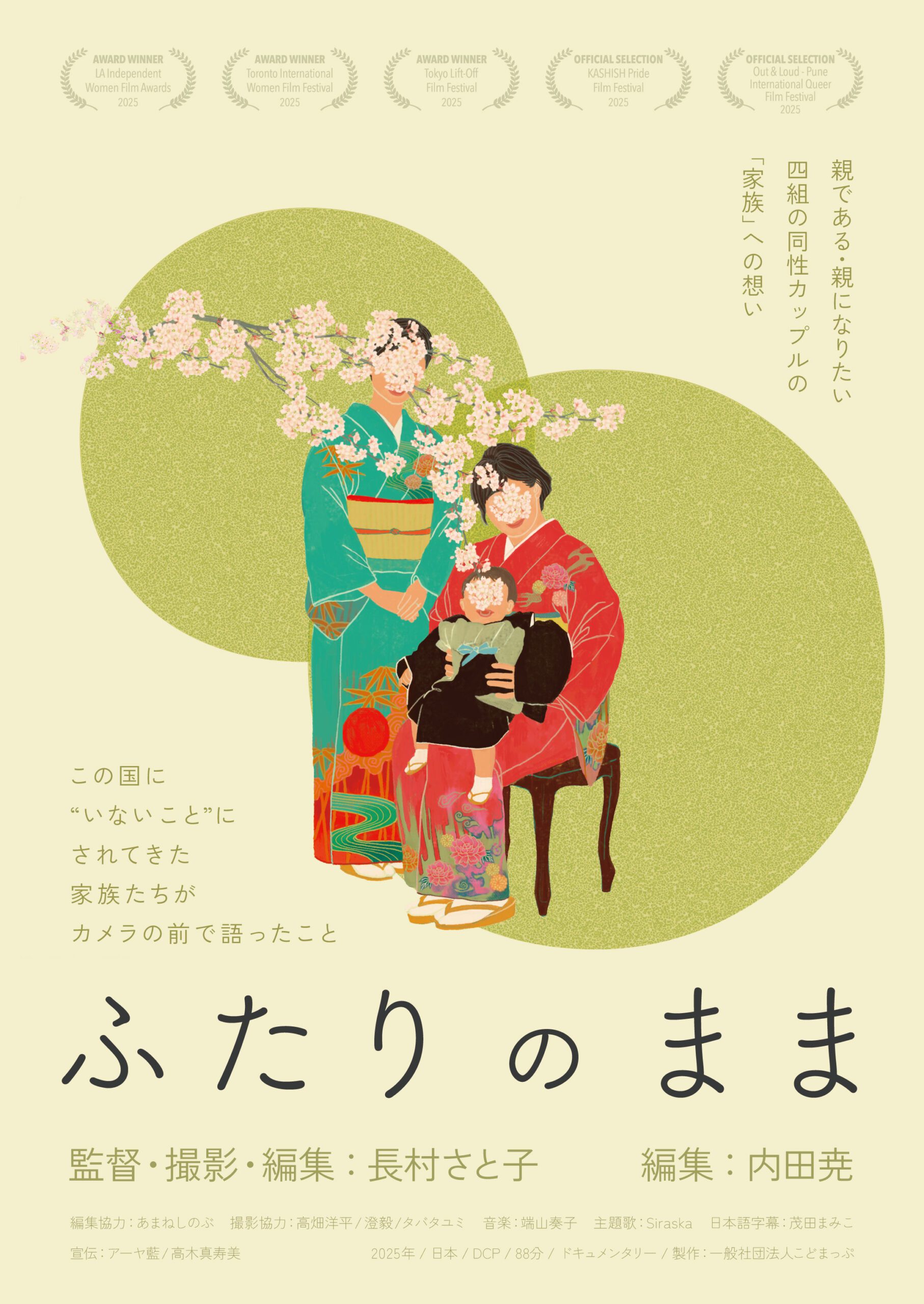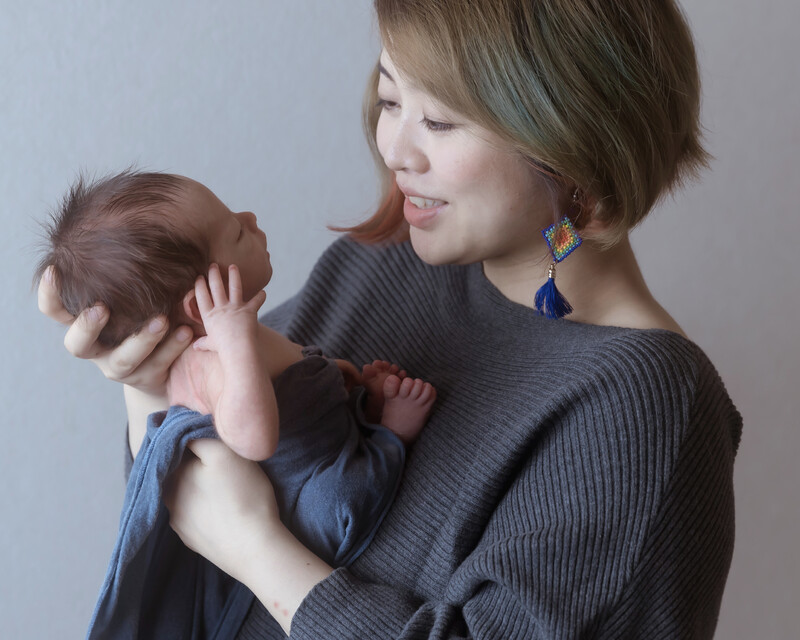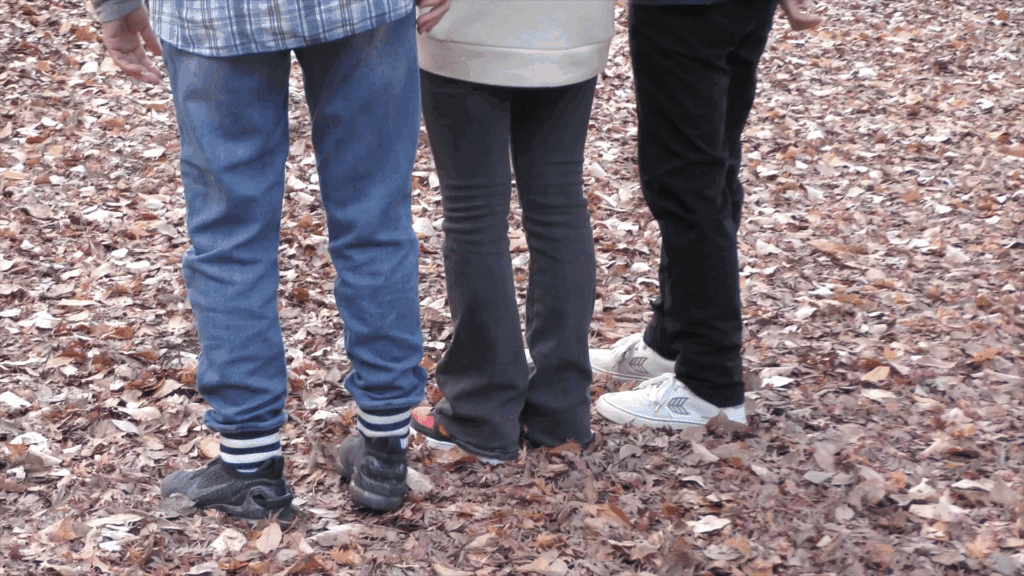
#TwoMoms
#两个妈妈
孙锦涛 Jintao Sun
2025|酷儿新声 Queer New Voice
这部影片记录了四对日本女同性伴侣,如何借助辅助生育技术逐步建立自己的家庭。她们在成为母亲的道路上不仅要面对共同的喜悦与挣扎,还要承受现代日本社会中歧视与法律制度的额外挑战。本片的独特之处在于,导演长村聪子本身亦是一位女同性恋母亲,在镜头之外同样经历着育儿的考验。影片邀请观众思考日本当代社会中被忽视的家庭多样性。
This documentary follows four female same-sex couples in Japan as they build their families through assisted reproductive technology. Each couple faces discrimination and legal challenges, and the film portrays the common joys and struggles of becoming parents, as well as the additional trials of being an LGBTQ+ family in modern Japan. Uniquely, this film is shot by a lesbian mother who is also navigating her own journey through parenthood. It invites viewers to reflect on the hidden diversity of families within Japanese society.
导演:长村聪子
制片人:长村聪子
类型:纪录长片
对白语言:日语
制作机构:Kodomap
Director: Satoko Nagamura
Producer: Satoko Nagamura
Genre: Documentary Feature Film
Language: Japanese
Production Company: Kodomap
长村聪子 Satoko Nagamura
长村聪子是一位出生并成长于东京的女同性恋者。受童年困境的影响,长村聪子发挥自己在酒吧、咖啡馆及社区建设方面的经验,创造并拓展“归属空间”。在经营业务之余,她为单身女性和同性伴侣提供咨询,确保她们能够获得安全的生育健康服务。她常常参与推动日本法律改革的倡导活动,亦担任非营利组织“Codomap”的联合主席。
Satoko Nagamura is a lesbian woman born and raised in Tokyo, Japan. Inspired by her difficult childhood, Satoko creates and develops “spaces to belong” using her bar, cafe, and community building skills. When she is not working at one of her small businesses, she gives counseling to single women and same-sex couples to ensure they have access to safe reproductive health care. She can often be found lobbying the government for changes to Japanese laws, or working as co-chair at the NPO “Kodomap”.
导演阐述 Director’s Statement
作为一位女同性恋母亲,我常常觉得在日本,我的家庭以及像我这样的家庭常被忽视。我们的生活充满艰辛,但很少有人了解我们的困境。
在日本,同性婚姻至今尚未被法律承认。女同性恋伴侣如果想要孩子,也很难获得安全的医疗服务支持。而从2025年起,新生效的法律将把部分辅助生育技术限定在“已婚伴侣”范围内,这意味着单身女性和女同性恋伴侣将无法在医院合法接受治疗。对于我们社群中的许多人而言,这无疑是一个沉重的打击。
我常常觉得,想要养育孩子的 LGBTQ 群体被社会忽视。我也曾反复思考:“在这样的时代,两位母亲和她们的孩子该如何生活?”在日本,大多数彩虹家庭尚未公开出柜,而这是第一部捕捉我们真实处境的影片。
我相信未来的日本终将实现同性婚姻合法化,也希望同性伴侣能够获得安全的医疗服务。正因为如此,我决定拍下我们正在经历的现实。
我希望观众在观看这部影片时,能够理解并看到我们现在的样子。
As a lesbian mother, I have often felt that my family and families like mine are unseen in Japan. Our lives are difficult, but too few know about our struggles.
In Japan, there is no same-sex marriage, and it is difficult for lesbian couples to access safe medical care if they want children. In addition, 2025 legislation is expected to restrict access to certain reproductive technologies to married couples only, making it illegal for single women and lesbian couples to receive these treatments in hospitals. This oncoming reality is crushing for many in our community.
I have often felt that LGBTQ people who want to raise children are ignored by our society, and I have struggled with the thought “How can two moms and their children live in such times?” In Japan, where most Rainbow families have yet to come out, this is the first film to capture our reality.
In the future, same-sex marriage will be legalized in Japan, and hopefully, same-sex couples will be able to access safe medical care. That is why I have documented the reality we are living in.
I hope that by watching the movie you can understand us as we are now.
